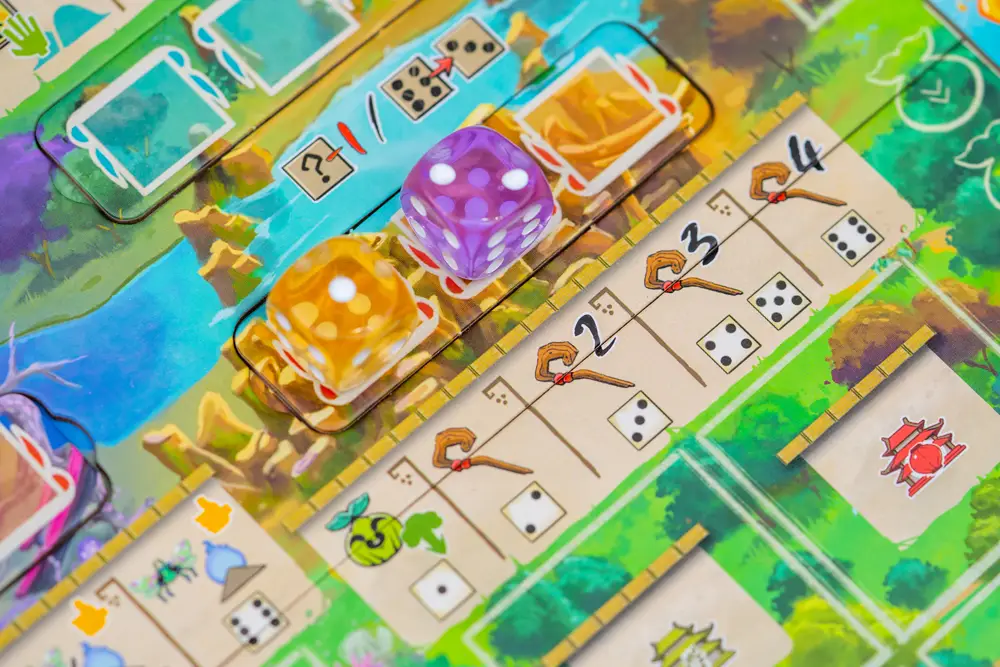
Month of July
Tuesdays and Thursdays from 16.30 to 19h.
20h.
This course is aimed at students with basic drawing skills, who want to approach and deepen their knowledge of the board game industry in order to offer a specialized service to their potential customers.
It will combine an extensive theoretical part and a practical part, which may be complemented with a voluntary project of the students, according to availability and interest.
In the first class, students will be invited to investigate and play the titles that most catch their attention from the proposed list.
From this point on, each class will suggest working and reinterpreting the different elements of these games, and we will comment on them during the practical session of the class.
We start from the element that should be the most accessible to any artist, regardless of their knowledge of board games.
We will begin to differentiate styles and trends according to the market to which the game is directed.
We will mainly talk about Germany, France, United States, Spain and the rest of the world.
Icons are the basic graphic resource for interacting with the games.
Study of the icons used in all types of board games, we will mainly distinguish between simple icons (Magic the Gathering, Star Realms, UnMatched) and artistic icons (Channel Tunnel, Ganges, Splendor).
Use of color.
The illustrator will have to choose the color of his work in a way that facilitates legibility and playability.

David Esbrí is a game designer and illustrator.
A fan of role-playing and all kinds of tabletop games, he has worked on projects for Dungeons and Dragons, A Game of Thrones CCG and even as a cover artist for Warhammer 40|000 comics.
The design of Carnevale, a skirmish game, received a nomination for best rules for a miniatures game at the 2011 Origins convention. He has also co-drawn the comic Fanhunter: Assault on District 13 Bookstore.
He is currently a full-time editor of Devir’s own line of games.
If you prefer to talk to a person, we will be glad to help you.
93 490 21 20
Send us an email with your questions and we will get back to you shortly.
info@escolajoso.com
La Joso is located in Barcelona in the Eixample district.
Entença, 163
Fill in the following form with your personal data and we will contact you immediately.
We inform you of the latest news at Joso
